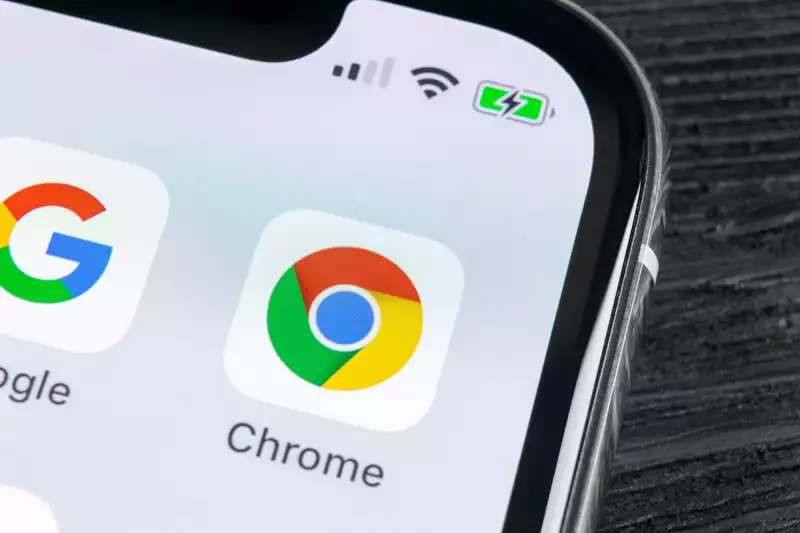One of the coolest features of the Pixel 4 is Live Caption, which allows users to add subtitles and closed captions The only problem is that Live Caption initially required a Pixel device, but now it looks like Google is bringing the feature to the Chrome browser, one of its most popular products
Chrome Unboxed (via AndroidCentral) found a reference to SODA (Speech On-Device API) on Chromium Gerrit, a site used by Chrome web developers While this does not necessarily imply Live Captions support for the browser, the inclusion of the phrase "The design document for the feature is located at: go/chrome-live-captions" on this page is a fairly clear message about what the developers have in mind
Live captioning has many potential benefits It allows deaf and hard of hearing people to enjoy all kinds of content without having to search for captioned versions This feature also helps them keep track of what is happening in the video, even in noisy environments Additionally, it may be safer than over-the-air captioning systems because the processing takes place on the device
Live Caption is currently limited to the Pixel 3, Pixel 3a, and Pixel 4 (although it will soon be available on the Galaxy S20 and Galaxy Z Flip), which must have Android 10 Additionally, live captioning only works in English and currently does not work with music or voice calls
This feature is not yet available even in developer versions of Chrome like Chrome Dev and Canary, let alone the stable version that most users have We may have to wait a while yet, but the addition of live captioning could make one of the best browsers even better










Comments